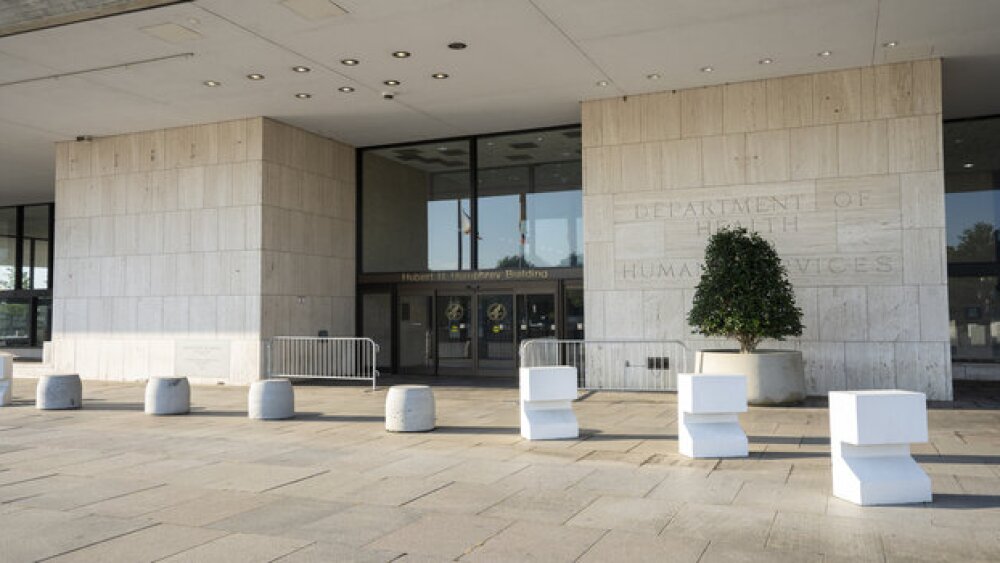Amgen presented positive topline data from the Phase II CodebreaK 100 trial of sotorasib in KRAS G12C-mutant advanced non-small cell lung cancer (NSCLC).
Amgen presented positive topline data from the Phase II CodebreaK 100 trial of sotorasib in KRAS G12C-mutant advanced non-small cell lung cancer (NSCLC). Specifically, this was in patients who had failed a median of two previous lines of cancer therapies, including immunotherapy and/or chemotherapy.
The RAS family of genes has some of the most frequently mutated oncogenes in human cancers. KRAS is the most commonly mutated gene within that family in solid tumors. The KRAS G12C mutation is a major factor in tumor growth and appears across numerous solid tumors. In the U.S., approximately 13% of patients with NSCLC have a KRAS G12C mutation, and it is seen in about 3-5% of colorectal cancers and 1-2% of numerous other solid tumors. Sotorasib is a small molecule KRAS inhibitor.
Sotorasib hit the trial’s primary endpoint, demonstrating an objective response rate (ORR) consistent with the Phase I data. Other efficacy measurements, including duration of response, were also promising, with more than 50% of responders remaining on treatment and continuing to respond as of the data cutoff date.
“Targeting KRAS has been a 40-year quest that has left patients with limited options,” said David M. Reese, executive vice president of Research and Development at Amgen. “These topline data underscore our believe in the potential for sotorasib to become the standard of care for non-small cell lung cancer patients with the KRAS G12C mutation who remain in need of new treatment options.”
He went on to say, “We now have more than 500 patients who have been enrolled across clinical studies, and we are rapidly moving forward with a broad-based development program, which includes monotherapy studies in non-small cell lung cancer, colorectal cancer and other solid tumors harboring the KRAS G12C mutation, as well as suite of combination studies.”
Amgen intends to discuss the current data with the U.S. Food and Drug Administration (FDA) and other regulatory authorities to map out a plan forward for sotorasib as a potential treatment for this indication. The company also expects to present detailed data from the trial at the IASLC 2020 World Congress on Lung Cancer, which is taking place in January 2021. They have also begun recruiting for CodeBreaK 200, a global Phase III randomized active-controlled confirmatory trial of sotorasib compared to docetaxel in NSCLC patients with the KRAS G12C mutations.
The company announced updated data from the full Phase I cohort of the CodeBreaK 100 trial on September 20, only about two weeks ago, and published it in the New England Journal of Medicine. That study was in 59 patients with advanced NSCLC. Similar to the latest data, sotorasib demonstrated confirmed ORR and disease control rates (DCR) of 35.3% and 91.2%, respectively, in 34 heavily pretreated patients with NSCLC. Anticancer activity was observed across all dose levels.
Fabrice Barlesi, professor of Medicine at Aix-Marseille University, Medical Director of Gustave Roussy Institute in Paris, said at the time, “KRAS G12C is a driver of multiple solid tumor types and is particularly prevalent in non-small cell lung cancer. Despite this, there are currently no approved targeted therapy options for KRAS G12C and patients remain in need of additional treatment options, which makes these new findings particularly important.”
Although not much actual data was presented today, apparently waiting for the January conference for a more complete presentation, a number of analysts, including Michael Yee with Jefferies and Umer Raffat with Evercore ISI, expect the company to file with the FDA fairly soon.





